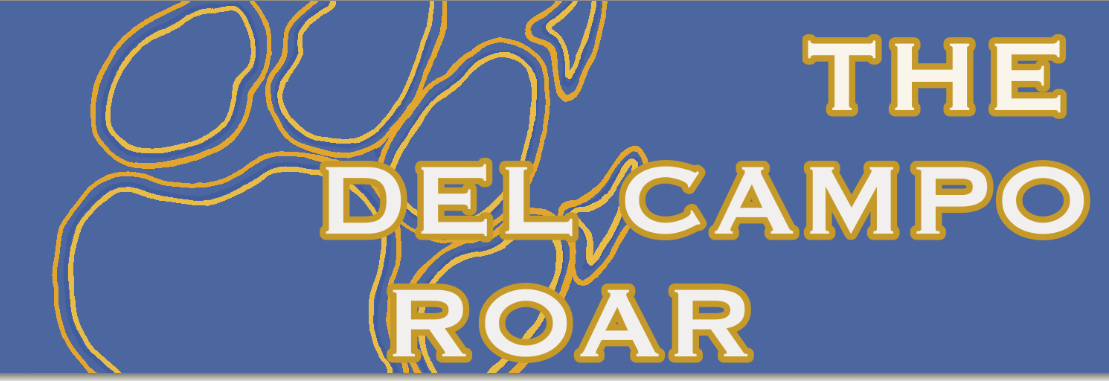Every student has been told to read a book a thousand times over, from parents and teachers alike. The encouragement to read more books has occurred for every generation, making the numerous recent book bannings in America a shocking turn of events. Titles recommended for young adults all the way to books for children in the first grade have been banned. Republican lawmakers in predominantly red states have been working on banning books since 2020 and the movement gained traction in 2021. This trend led to a 33% increase in book banning during the 2022-2023 school year, with 40% of this increase coming from Florida itself according to Pen.orgs, an organization that tracks book banning.
There have been 6,000 book bannings in twenty states during recent years. In their investigations, Pen.org found that over 75% of banned books “are young adult books, middle grade books, chapter books, or picture books — in other words, books specifically written and selected for younger audiences.” These books are meant for younger audiences and can be split into two halves. One half is the books meant for younger kids, picture books. The other half is meant for the older kids third grade and up, novels and novellas alike.
For picture books, the most banned books all have the same number of bans by organizations. These books are Pride: The Story of Harvey Milk and the Rainbow Flag by Rob Sanders and Steve Salerno, I Am Jazz by Jessica Herthel, Jazz Jennings, and Shelagh McNicholas, and And Tango Makes Three by Peter Parnell, Justin Richardson, and Henry Cole. All of these books have to deal with queer topics, from the history of the pride flag and former California politician Harvey Milk, to the story of real life penguins in the Central Park Zoo and how they make a family of three with the help of their Zookeepers.
For non picture books there are bans on highschool level books such as All Boys Aren’t Blue by George M. Johnson, To Kill a Mockingbird by Harper Lee, and Gender Queer: A Memoir by Maia Kobabe. These books, unlike the picture books, don’t have a coherent theme. To Kill a Mockingbird was banned for racism and the plot centering around a rape allegation. All Boys aren’t Blue is banned for having discussions of queer topics, profanity and having sexually explicit content targeted at high schoolers and young adults. Gender Queer: A Memoir is banned for its sexually explicit scenes and handling of queer topics.
The banning of books focusing on race and LGBTQ themes being challenged is nothing new. Records from the American Library Association show that book bannings happened as far back as 1922 for reasons such as sexual obscenity. During the 1980’s and 1990’s books were challenged for racism and queer topic.s
For modern day books, such as All Boys aren’t Blue and Gender Queer: A Memoir the author, and his supporters, help defend and challenge the book bannings. George M. Johnson’s family spoke at a Library Board meeting in Glen Ridge, New Jersey. They spoke in defense of their beloved family member and his community. While Maia Kobabe had a personal interview with NBC news on how the book banning is damaging for queer students who need queer books.
To fight the increasing trend, Governor Gavin Newsom signed into action Bill AB- 1078. Bill AB- 1078 is focused on giving California citizens equal access to education. This includes equal access to all published books. “Cementing California’s role as the true freedom state: a place where families — not political fanatics — have the freedom to decide what’s right for them.” Newsom says this is the reason for the bills passing in a September 25th press release.
Book banning is nothing new. With the uptick of book bannings in the U.S., some organizations are working to stop this activity. Many people cite the concerning use of book bannings in the past as a reason to be wary of the amount of U.S. states banning books now. ‘
The most famous book banning in world history is the 1933 Nazi book banning and book burnings. During this time, 25,000 books were banned and burned in 34 university towns. They banned books from numerous Jewish authors such as Albert Einstein and Sigman Freud, American Authors like Hellen Keller and Hemmingway, and even works from ancient Greek writers like Sappho. The leaders at the time used these bannings to end what they referred to as “the era of extreme Jewish intellectualism.”
By censoring what German citizens had the ability to read in their universities, Hitler had more control over the population through education. The banning of books was Nazi Germany’s way to kill ideas. The books they chose to ban reflected the moral and intellectual character of the Nazi Germany regime. They chose to remove and destroy books that included history and people’s personal stories.
The stripping and censoring of people’s real life stories, like those prevalent in the books that have been restricted, continues to show the pattern seen by past lawmakers. Censoring real life stories kills any chance of society embracing and evolving with and for those people.
These books, many of which give valuable insight into topics and real life experiences that readers can learn and grow from, have been banned. This banning is not where their story ends though. Anyone in any state with a banned book can write letters or emails to their local representatives asking them to revisit the banning of the books. So act up and fight back to stop books from being censored across America.








